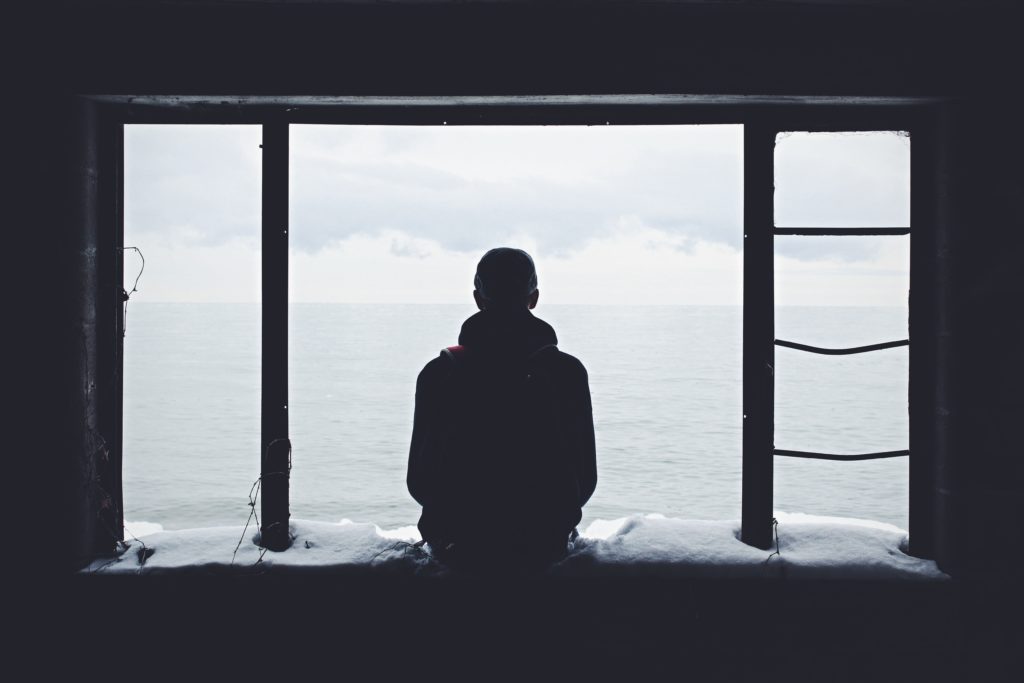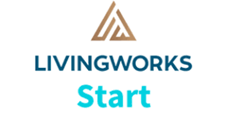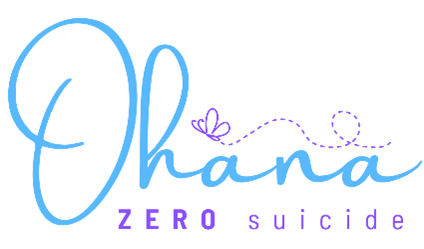Suicide and Self Harm
Suicide is the act of intentionally taking ones life (HSE, 2016). Every death by suicide is a tragic incident that can have a substantial impact on the lives of the people close to the person. The causes of suicide are complex and have many dimensions from different aspects of the person’s life.
What factors influence suicide?
Many psychological factors can contribute to suicidal behaviours such as;
- Unbearable psychological pain where the person feels hopeless and helpless
- A person can experience tunnel vision and see suicide as the only way out of their current situation
- A sense of vulnerability
- Feelings of loneliness
- Concern about the future and anticipated loss, suicide may be seen as an escape from feelings of hopelessness and a future that is seen as unbearable.
Undiagnosed medical ilnesses are associated with a large number of deaths by suicide. Like all other organs, the brain can become ill. The most common illnesses such as depression or schizophrenia may result in suicide, if left untreated.
In recent times, Ireland’s society has changed and this has had an impact on the extent of suicidal behaviours in the country. Some of the factors that contribute to this include;
- Marital breakdown
- Cultural factors, such as religious practices
- Unemployment/Employment
- Alcohol/ Substance misuse
- Financially Difficulties
The above factors can contribute to a reduction in a person’s resilience in dealing with day to day life. It can damage their ability to access practical and emotional help and support.
Risk factors for suicide
90% of people who die by suicide may have had an undiagnosed mental illness such as depression, schizophrenia, post-traumatic stress disorder, personality disorder, bulimia nervosa, or anorexia nervosa.
Between 20% – 50% of people who die by suicide will have attempted to take their own lives in the past. Those who made more serious attempts are at higher risk of completing suicide. For every one person who dies from suicide worldwide, there are up to 20 people who attempt to take their life ( World Health Organisation, 2017).
People who are impulsive, especially under the influence of alcohol or drugs are more likely to act on suicidal impulses.
A person may have a predisposition to mental illness. A family history of suicide attempts might also lead to a higher risk of suicide for that person.
Men are three times more likely to complete suicide compared to their female counterparts. Men aged between 15-24 are the most at risk group of suicide in Ireland; however, the rate of death by suicide in females is increasing (Samaritans Suicide Statistics Report, 2016).
Warning Signs of Suicide
Suicides can occur without previous warning signs, however some warning signs may include;
- Making a suicide plan,
- Expressed indirect threats of suicide,
- Impulsiveness or risk taking behaviour,
- Serious depression that is observable,
- Risky consumption of alcohol or drugs,
- Unexpected anger,
- Experiencing bereavement,
- The ending of a long term relationship,
- The loss of somebody close through suicide,
- Divorce or separation from a partner,
- Job loss,
- Loss of financial income or financial difficulties,
- The loss of a support network such as friends and family due to a move in location,
- Putting their affairs in order,
- Appearing agitated and anxious (HSE, 2016)

When death is by suicide
If a person close to you has died by suicide it may leave you with many questions such as;
- Why did they do it?
- Did they really mean to do it?
- Why did they not talk to you?
It is hard to accept that you may never know some of the answers to these questions. You may have many mixed feelings and emotions such as;
- You may feel others in the family blame you,
- You may blame yourself,
- You may have feelings of rejection, shame, or even betrayal,
- You may have anger towards the person who has died,
- You may feel isolated or judged by friends and/or the extended community.
Suicide Prevention Training
1. LivingWorks Start, Suicide Prevention Skills Online
LivingWorks Start, is an online, interactive training programme that will give you the skills and knowledge to keep others safe from suicide. It will help you identify people who are at risk, confidently ask them about the topic of suicide and connect them with resources that can help them stay safe. The programme uses a mix of guided online content, video and interactive questions. You can pause and recommence the programme at your own convenience. On average, the programme will take one hour 30 minutes to complete, but you can work at your own pace.
This programme is accredited by the Psychological Society of Ireland.
- Irish residents, aged 18 and over, can request a free LivingWorks Start licence, from your local coordinator.
- The START license can be accessed here.
- For further assistance or queries please contact : donal.gallagher@nullhse.ie

2. Ohana Zero Suicide
Ohana provides training that will enable participants to better identify the signs that someone may be suicidal, help individuals to use the correct language in asking the appropriate questions and promote participants capacity to direct people to the appropriate help.
- This training is recommended for persons over 18.
- This training takes approximately 20 minutes and can be accessed here.

If you feel suicidal
If you have been affected by suicide
It is important that you seek support at this time. You can contact:
Student Counselling Service on:
- Email: studentcounsellingservices.sligo@nullatu.ie or
- Phone: 071 930 5463
Student Health Service on:
- Phone 087 9961873 or
- Email: studenthealthservices.sligo@nullatu.ie
- CALL 999 or 112: in the event of an emergency;
- A & E: visit your Accident & Emergency Department;
- CareDoc Sligo: 0818 365399
- Call The Samaritans 24/7 on Freephone 116123
- TEXT Crisis Textline Ireland: For free 24/7 support in a crisis, text ATU to 50808
Contact the above links and/or:
- HSE Suicide Prevention
- Pieta Suicide Bereavement Liaison Service
on 085-2538638